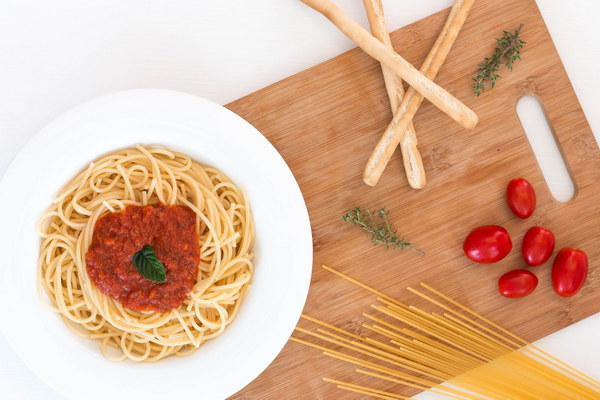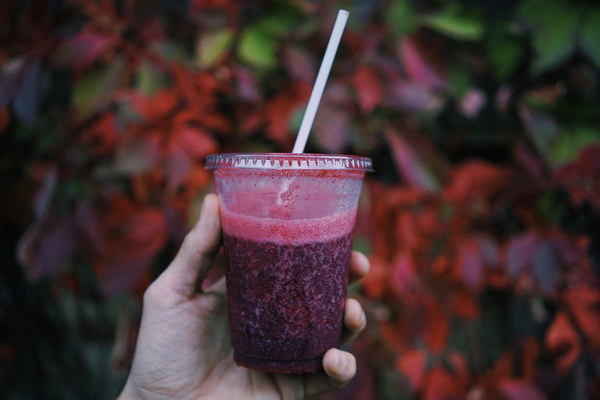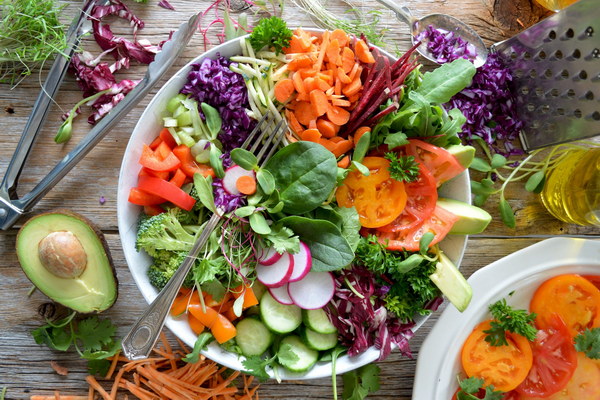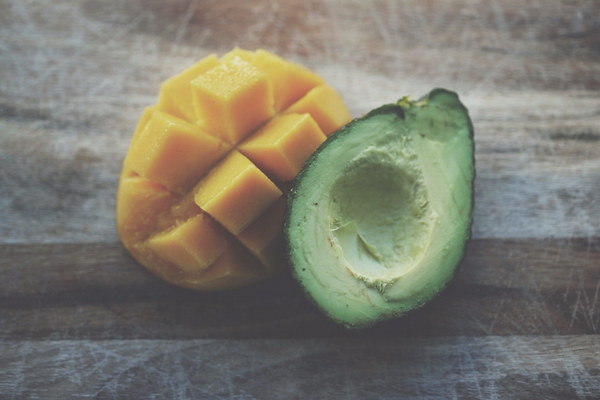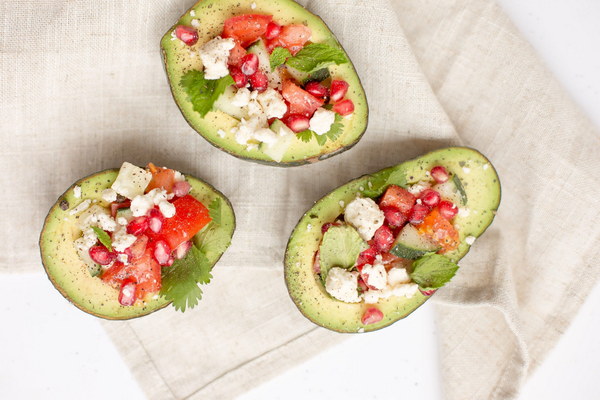Nourishing the Body with the Cold Dew Diet A Traditional Chinese Fall Feasting Guide
Nourishing the Body with the Cold Dew Diet: A Traditional Chinese Fall Feasting Guide
As the season transitions from autumn to winter, the Chinese lunar calendar marks the arrival of the Cold Dew, a time when nature's energies begin to slow and the body requires additional care and nourishment. This period is considered an ideal time for jinpi, or tonifying the body, through a diet that reflects the principles of Traditional Chinese Medicine (TCM). Here's a guide to a Cold Dew diet, featuring recipes that align with TCM's philosophy of balancing the body's yin and yang.
Understanding the Cold Dew
The Cold Dew, or Hanlu, falls on October 8th according to the Chinese lunar calendar. It signifies the midpoint between autumn and winter, a time when the weather becomes cooler and drier. TCM teaches that this change in climate affects the body's internal balance, making it susceptible to colds, flu, and other respiratory issues. Therefore, the focus of the Cold Dew diet is to strengthen the body's defenses and to warm the internal organs.
Key Principles of the Cold Dew Diet
1. Warmth Over Coolness: The diet emphasizes warm, nourishing foods to counteract the cooling effect of the season. Spices such as ginger, cinnamon, and star anise are often used to enhance the body's warmth.
2. Balancing Yin and Yang: TCM believes that the Cold Dew is a time when yin energy is at its peak. To maintain balance, the diet should include both yin (cooler, moistening foods) and yang (warmer, drying foods).
3. Nutrient-Dense Foods: Emphasize foods that are rich in vitamins, minerals, and antioxidants to boost the immune system.
4. Herbal Supplements: TCM herbal formulas can be used to support the body's natural defenses and to promote overall health.
Cold Dew Diet Recipes
Recipe 1: Ginger and Honey Tea
Ingredients:
- Fresh ginger root, thinly sliced
- Raw honey

- Boiling water
Instructions:
1. Boil water in a pot or kettle.
2. Add the sliced ginger to the boiling water and let it steep for 5-10 minutes.
3. Strain the tea and add honey to taste.
4. Drink warm to soothe your throat and increase your body's warmth.
Recipe 2: Braised Pork with Goji Berries and Astragalus
Ingredients:
- Pork belly, thinly sliced
- Goji berries
- Astragalus root, sliced
- Garlic, minced
- Ginger, minced
- Soy sauce
- Sesame oil
- Salt and pepper
Instructions:
1. In a pot, bring water to a boil. Add the pork and blanch for 2-3 minutes, then drain and rinse with cold water.
2. In a separate pot, add a bit of oil and sauté garlic and ginger until fragrant.
3. Add the pork, goji berries, and astragalus root. Pour in enough water to cover the ingredients.
4. Bring to a boil, then reduce heat and simmer for about an hour.
5. Add soy sauce, sesame oil, salt, and pepper to taste. Serve warm.
Recipe 3: Congee with Dried Tangerine Peels
Ingredients:
- Long-grain rice
- Dried tangerine peels
- Water
- Rock sugar or honey
Instructions:
1. Soak the dried tangerine peels in water for a few hours or overnight.
2. Rinse the rice and place it in a pot with fresh water.
3. Add the soaked tangerine peels to the pot.
4. Bring the mixture to a boil, then reduce heat and let it simmer for 1-2 hours, or until the rice is soft and the peels have released their flavor.
5. Sweeten with rock sugar or honey and serve warm.
Conclusion
The Cold Dew diet is a time-honored tradition that promotes health and vitality during the transition to winter. By focusing on warming, nourishing foods and balancing the body's yin and yang, you can bolster your immune system and enjoy a season of well-being. So, as the leaves turn and the air grows cooler, embrace the Cold Dew diet and savor the flavors that will keep you warm and healthy throughout the fall and winter months.
